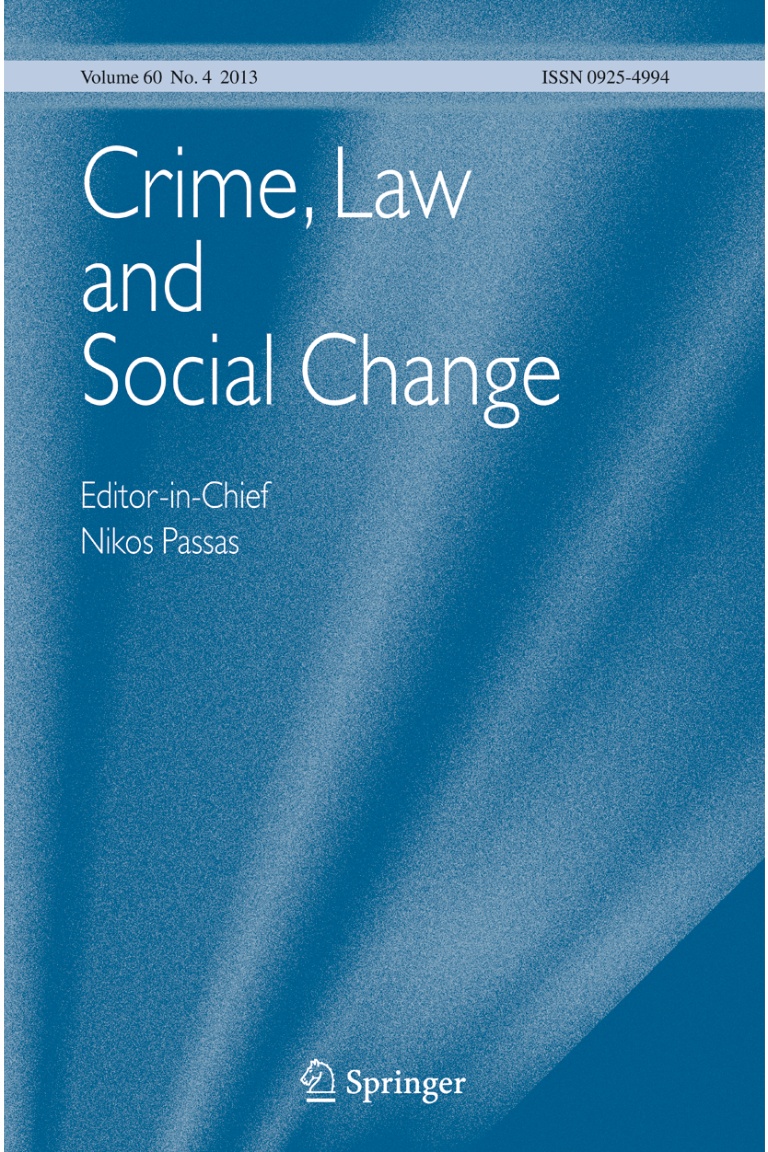Previous research on China’s corruption and its continued, tolerated existence tended to focus on guanxi wang networks (informal gift-giving) and baohu san (protective “umbrellas” from enforcement). This article compares China with the United States and argues that enforcement results between the two countries are similar even though the mechanisms are distinct. Issues of system capacity and non-issue making explain the similar effects of these disparate methods (codes of conduct in the U.S. and anti-corruption crackdowns in China).

 The College of Arts
The College of Arts